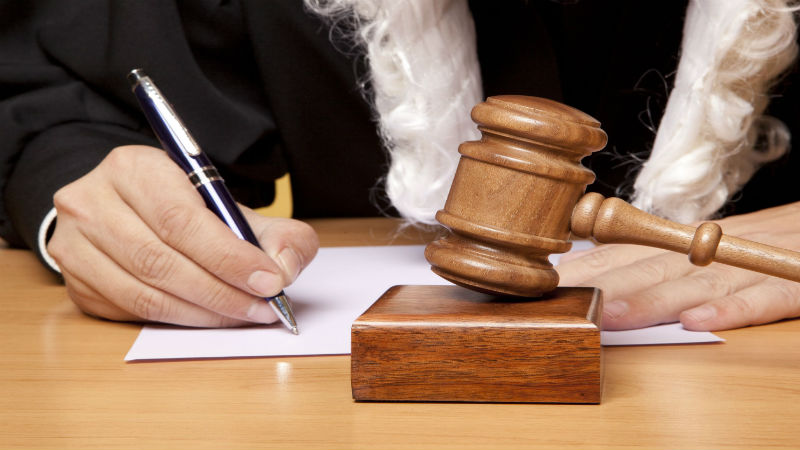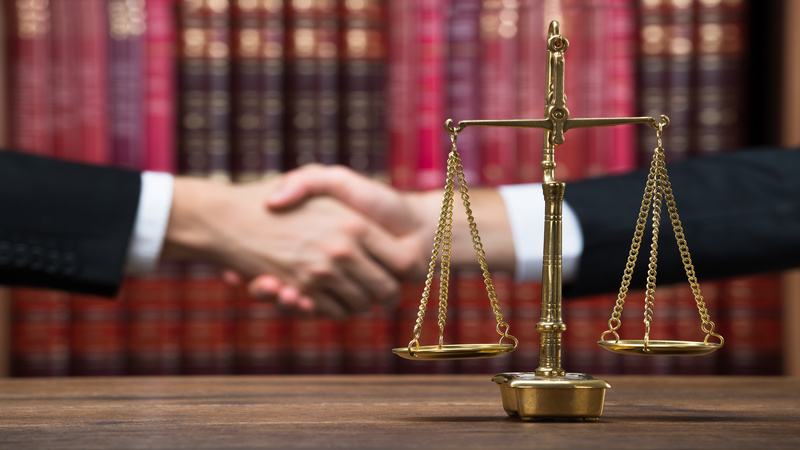One advantage of filing bankruptcy in the United States is a protection called the Automatic Stay. The moment a consumer files a chapter 7 bankruptcy, chapter 11 bankruptcy, or chapter 13 bankruptcy, the law provides for automatic and immediate protection against further action by creditors. The Automatic Stay prevents most creditors from taking any action to collect money or foreclose on real estate from a consumer who has filed bankruptcy in the United States.

The Automatic Stay is designed to enable the debtor in a chapter 11 bankruptcy or chapter 13 bankruptcy case to determine how best to reorganize his or her finances and property, and restructure the repayment of debt. In a chapter 7 bankruptcy case, the Automatic Stay protects the assets of the debtor from being levied by creditors during the process.
The Automatic Stay applies to most types of creditors. Creditors such as credit card companies and collection agencies cannot contact the consumer in any way. If the creditor continues making phone calls, sending letters, or the like, that creditor will be in violation of the Automatic Stay.
Often, creditors will initiate lawsuits against consumers to collect on a debt they allege is owed by the consumer to the creditor. These cases may be brought in the small claims, county, or circuit divisions of the Florida state court system, or in the federal courts, and can range from lawsuits for alleged failure to pay on a credit card to foreclosures. Regardless of the type of lawsuit, the Automatic Stay prevents further progress in an existing case and prevents creditors from bringing further lawsuits.
To that end, if a mortgage company or other lien holder has obtained a judgment of foreclosure against the consumer and the court has set a sale date, the Automatic Stay will stop the sale date, permitting the consumer to remain in the home for the duration of the stay period in many cases.
Creditors who prevail in many types of lawsuits, such as those to recover on credit card debt, will often petition the courts for a continuing writ of garnishment, enabling them to garnish the consumer’s wages or bank accounts for extended periods of time until the debt is paid in full. Florida law allows up to 25% of wages to be garnished, and these judgments are enforceable in Florida for twenty years, and accrue interest at the statutory rate per year. The Automatic Stay prevents creditors from obtaining a garnishment order after the bankruptcy is filed, and prevents creditors from continuing to garnish after the bankruptcy is filed.
In a chapter 7 bankruptcy, any co-debtor of the consumer debt (debt incurred primarily for personal, family, or household purposes) does not receive the same protection as the consumer who filed the bankruptcy. However, in a chapter 13 bankruptcy case, there is a co-debtor stay that also prevents creditors from acting further against the co-debtor.
If a creditor does violate the Automatic Stay, the creditor may be sanctioned by the court. These sanctions can include contempt of court, money damages paid directly to the debtor, and attorneys fees paid to the debtor’s attorney for bringing the action.
If you are currently being contacted by creditors for collection issues or are concerned a lawsuit may be forthcoming, contacting an experienced Jacksonville bankruptcy attorney may be beneficial. The attorneys at Cleaveland & Cleaveland, P.L. handle bankruptcy and are able to provide additional information regarding the best option for your specific circumstance. Please contact Cleaveland & Cleaveland, P.L.



